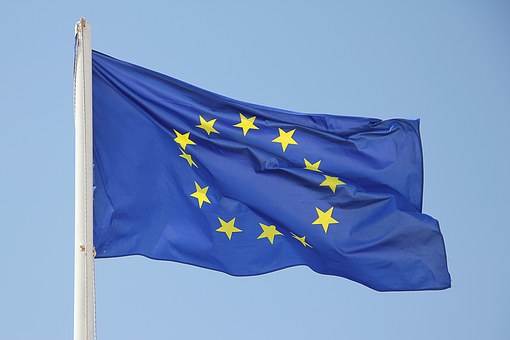 Croatia is asking to join the European Exchange Rate Mechanism (known also as ERM II), a move that was welcomed by the different European finance ministers.
Croatia is asking to join the European Exchange Rate Mechanism (known also as ERM II), a move that was welcomed by the different European finance ministers.
“After constructive discussions with the ECB, the Eurozone members, Denmark, and Croatia made a number of commitments in policy areas of major importance for a smooth transition and participation in the ERM II,” they stated on a writing statement that was published after a meeting the Finance ministers held.
Croatia now will need to make several policy concessions that would make the European country worthy enough to join the monetary union, among them stronger banking supervision (helped by the European Central Bank).
“With regards to the banking supervision, in particular, Croatia has sent a request for close cooperation with the ECB in accordance with current procedures and will undertake the necessary preparations – including to support the ECB’s overall assessment,” they added.
The Union, whose common currency is the Euro, includes 19 of the 28 members of the EU member states and requires several compromises from its members (most of them have to do with macro-prudential issues), among them a stricter fiscal policy, plus more transparency from the public sector.
Since it's a monetary union, a stronger financial sector is required, so the European Central Bank would need to asses the Croatian banking system in order to determine if it's ready to join it. If Croatia meets the ECB requirements they could also join the Banking Union.
Once approved, the country would be obligated to contribute economically to the Union.
“From that date, therefore, Croatia should be subject to the obligations arising from the Intergovernmental Agreement on Carriage and the Reciprocal Contribution to the Single Fund, in particular, the obligation to transfer these contributions to the Uniform Remuneration Fund, in accordance with its relevant provisions, “ they stated.
